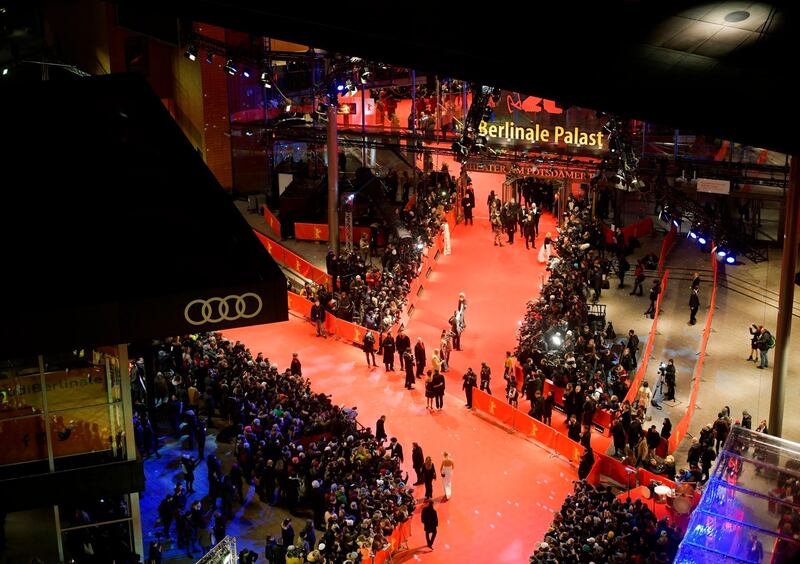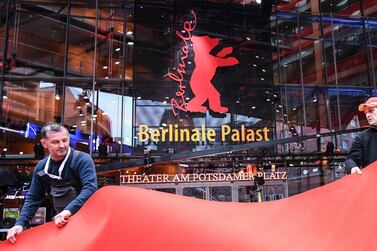The Berlin Film Festival has cancelled its annual February event for 2021, instead splitting its programme up into a two-part affair that will take place later in the year.
The festival, also known as the Berlinale, was scheduled to take place in the German capital from Thursday, February 11 to Sunday, February 21 next year.
The event was already widely expected to be affected by the coronavirus pandemic, with a hybrid online-physical event or a wholesale move to a physical event in April rumoured.
Last week, however, Germany entered a new phase of lockdown, which includes closing cinemas until at least mid-January, amid record infection rates.
Berlinale organisers have responded by announcing they will rethink the 2021 festival with a two-pronged approach, with events taking place in March and June.
The main industry sections, including the Berlinale Co-Production Market and the European Film Market (EFM), will take place online in March. That will be followed by a physical event, including indoor and outdoor screenings and the festival's awards in June, when organisers hope the vaccine rollout and warmer weather will make social gatherings viable again.
“As an answer to the times in which we are living, we have decided to split our offer into two distinct yet related events and, in this way, fulfil the mission of the Berlinale," the festival's artistic director, Carlo Chatrian, said in a statement.
"In summer – like a new start, 70 years after the first edition – our audiences will be able to celebrate filmmakers and their teams, in theatres and under the open sky. This gives the opportunity to experience the different sections and profiles of the festival, to watch the films of the international competition and to celebrate with the winners of the Golden and Silver Bears in a cheerful atmosphere.”
Berlinale executive director Mariette Rissenbeek added that, rather than move the entire festival to June, the team felt it was important to still hold its market early in 2021, following a year of huge disruption across the industry.
“There is a great desire to meet face-to-face,” she conceded. “The current situation does not allow a physical festival in February; at the same time, it is important to offer the film industry a market within the first quarter of the year.
"With the change in the festival format in 2021, we will have the chance to protect the health of all guests and to support the restart of the cinema industry.”
Under the new format, the current process of selecting films for the festival's competition and sections will continue uninterrupted. The programme will be published in February and presented to the film industry at the virtual EFM in March. An international jury will also watch the films and choose the prizes in March, with the winners and a selection of movies presented to Berlin audiences in June.

The festival is a key date in the industry calendar and is traditionally the first of the “big three” European festivals to take place each year, with Cannes and Venice following in May and September.
Last year's event attracted almost 19,000 industry visitors from more than 130 countries to the German capital.
Total admissions to the 341 films in the festival's public programme – which included the world premiere of Pixar's Onward, Mohammad Rasoulof's Golden Bear winner There is No Evil, and Luxor, the debut co-production from Egypt's Film Clinic and Dubai's Front Row Filmed Entertainment – were just short of half a million people.






